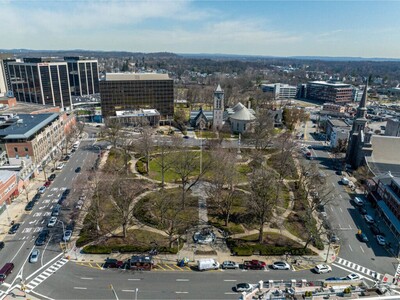New Legislation Allows Preserved Farmland Owners to Host Special Occasion Events and Boost Agritourism
Governor Phil Murphy signed legislation on Tuesday that allows commercial farms located on preserved farmland to hold special occasion events, under certain conditions. The new bill replaces an earlier version of the legislation which was vetoed by the governor, who recommended changes to protect agricultural or horticultural production on preserved farmland.
This change provides preserved farmland owners with new opportunities for generating income and enhances the public's enjoyment through agritourism. Farms that generate over $10,000 worth of agricultural or horticultural products annually are eligible to hold up to 26 special occasion events per year, with a maximum of 6 events having 250 or more guests in attendance.
The primary sponsors of the bill include Senators Paul Sarlo and Steven Oroho, as well as Assemblymembers Roy Freiman and Raj Mukherji. The late Assemblyman Ron Dancer also played a crucial role in sponsoring the bill.
“This law gives farmers in New Jersey the opportunity to supplement their income by hosting special events on their land. Agritourism is a growing industry and, by allowing our farmers to participate, we make it possible for them to expand their businesses, grow the economy and showcase that which makes New Jersey’s agricultural community special. Further, it provides access to farms and farmland, allowing all to enjoy the beauty of nature, and gives insight into the challenges and rewards farmers encounter in growing the food we consume,” said Assemblymen Roy Freiman and Raj Mukherji. “By finding a balance between protecting preserved farmland and giving farmers in the Garden State the ability to host events, we can introduce new streams of income to the farming industry without compromising agricultural production.
In order to ensure the preservation of agricultural resources, special occasion events must not interfere with the farm's primary use for agriculture, have minimal impact on the land, and be designed to protect its resources. The events must also comply with all state and local laws and regulations, including those concerning food safety, litter, noise, solid waste, traffic, and the protection of public health and safety.













